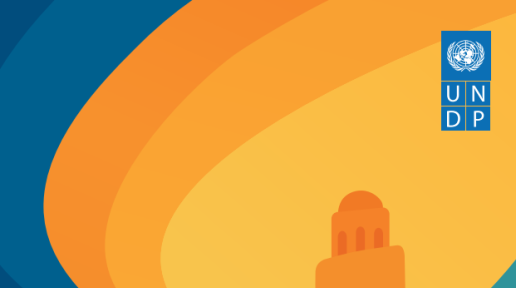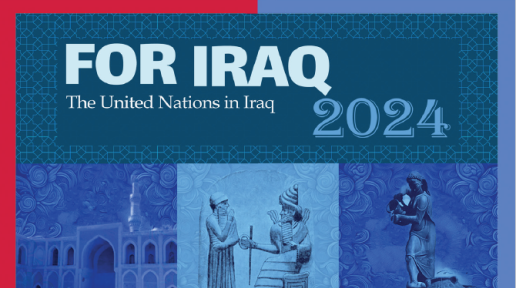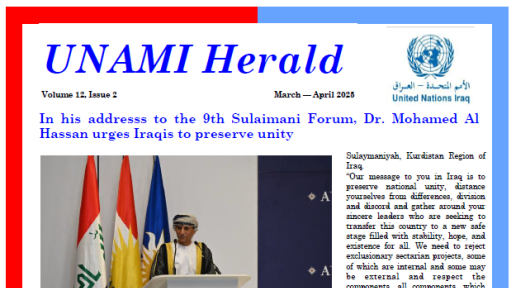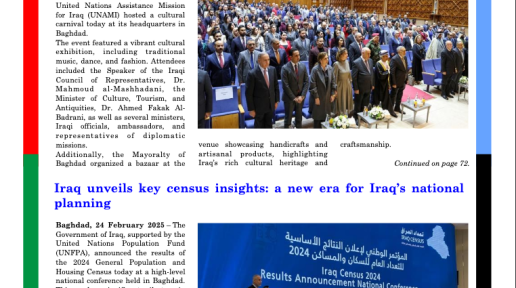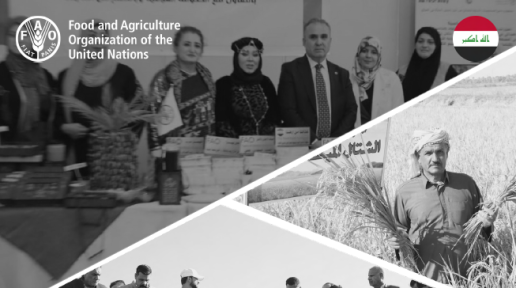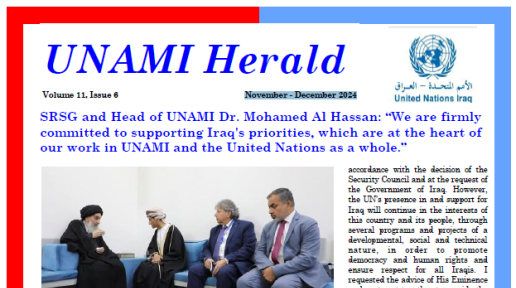Reduced Inequalities
Reducing inequalities and ensuring no one is left behind are integral to achieving the Sustainable Development Goals.
Inequality within and among countries is a persistent cause for concern. Despite some positive signs toward reducing inequality in some dimensions, such as reducing relative income inequality in some countries and preferential trade status benefiting lower-income countries, inequality still persists.
COVID-19 has deepened existing inequalities, hitting the poorest and most vulnerable communities the hardest. It has put a spotlight on economic inequalities and fragile social safety nets that leave vulnerable communities to bear the brunt of the crisis. At the same time, social, political and economic inequalities have amplified the impacts of the pandemic.
On the economic front, the COVID-19 pandemic has significantly increased global unemployment and dramatically slashed workers’ incomes.
COVID-19 also puts at risk the limited progress that has been made on gender equality and women’s rights over the past decades. Across every sphere, from health to the economy, security to social protection, the impacts of COVID-19 are exacerbated for women and girls simply by virtue of their sex.
Inequalities are also deepening for vulnerable populations in countries with weaker health systems and those facing existing humanitarian crises. Refugees and migrants, as well as indigenous peoples, older persons, people with disabilities and children are particularly at risk of being left behind. And hate speech targeting vulnerable groups is rising.
COVID-19 response
COVID-19 is not only challenging global health systems but testing our common humanity. The UN Secretary-General called for solidarity with the world’s poorest and most vulnerable who need urgent support in responding to the worst economic and social crisis in generations. “Now is the time to stand by our commitment to leave no one behind,” the Secretary-General said.
To ensure that people everywhere have access to essential services and social protection, the UN has called for an extraordinary scale-up of international support and political commitment, including funding through the UN COVID-19 Response and Recovery Fund which aims to support low- and middle-income countries and vulnerable groups who are disproportionately bearing the socio-economic impacts of the pandemic.
This time of crisis must also be used as an opportunity to invest in policies and institutions that can turn the tide on inequality. Leveraging a moment when policies and social norms may be more malleable than during normal times, bold steps that address the inequalities that this crisis has laid bare can steer the world back on track towards the Sustainable Development Goals.
For more information, see the SDG-10 Goal of the Month package: https://www.un.org/sustainabledevelopment/goal-of-the-month-may-2020
Source: https://www.un.org/sustainabledevelopment/inequality/















